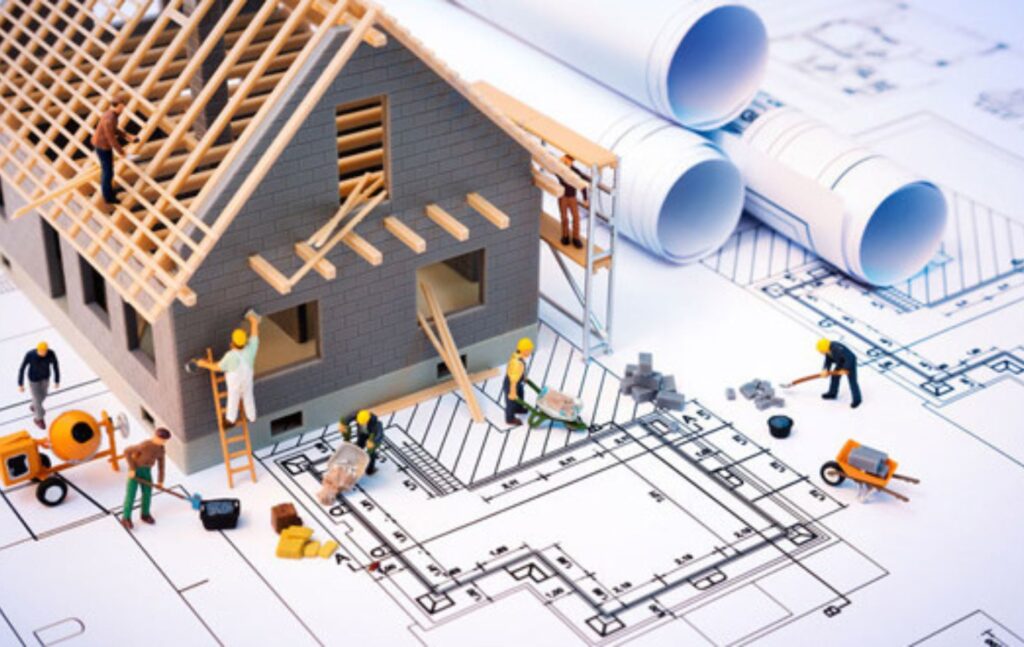Commercial construction loans are financial products specifically designed to provide funding for the construction or renovation of commercial properties. These loans are intended for businesses, developers, or investors who are involved in commercial real estate projects. Commercial construction loans typically have different terms and requirements compared to residential construction loans.
Here are some key features and aspects of commercial construction loans:
Purpose: Commercial construction loans are used to finance the construction, expansion, or renovation of commercial properties. These properties can include office buildings, retail spaces, industrial facilities, hotels, multifamily residential complexes, and other commercial structures.
Loan Structure: Commercial construction loans are typically structured differently from residential construction loans. Instead of receiving the entire loan amount upfront, the funds are disbursed in stages or “draws” based on the progress of the construction project. Each draw is released after a designated phase of construction is completed and verified.
Loan Amount and LTV: The loan amount for commercial construction loans is based on the total estimated cost of the project, including construction expenses, land acquisition, permits, fees, and contingency reserves. Lenders generally finance a percentage of the project’s total cost, referred to as the loan-to-cost ratio (LTC). The LTC ratio varies depending on factors such as the borrower’s creditworthiness, the project’s feasibility, and the lender’s policies.
Loan Duration: Commercial construction loans are typically short-term loans with durations ranging from six months to three years. The loan term may include a construction period during which the borrower makes interest-only payments. Once construction is completed, the loan may convert into a longer-term financing option, such as a commercial mortgage.
Interest Rates and Repayment: Interest rates for commercial construction loans tend to be higher compared to residential construction loans due to the higher risks associated with commercial projects. The borrower pays interest only on the disbursed loan amount during the construction phase. Once the construction is completed, the borrower may be required to repay the entire loan or convert it into a long-term mortgage.
Documentation and Requirements: Commercial construction loans often involve extensive documentation and due diligence. Lenders typically require a detailed project plan, construction timeline, cost estimates, contractor qualifications, and other relevant information to assess the viability of the project. Additionally, borrowers may need to provide financial statements, business plans, and personal guarantees to secure the loan.
It’s important to note that commercial construction loans are complex financial products, and the specific terms and requirements can vary among lenders. Working with experienced commercial lenders and professionals in the real estate industry is crucial to navigating the loan process and obtaining suitable financing for your commercial construction project.
Contact us at RH Renovation NYC for more information regarding commercial construction loans.



